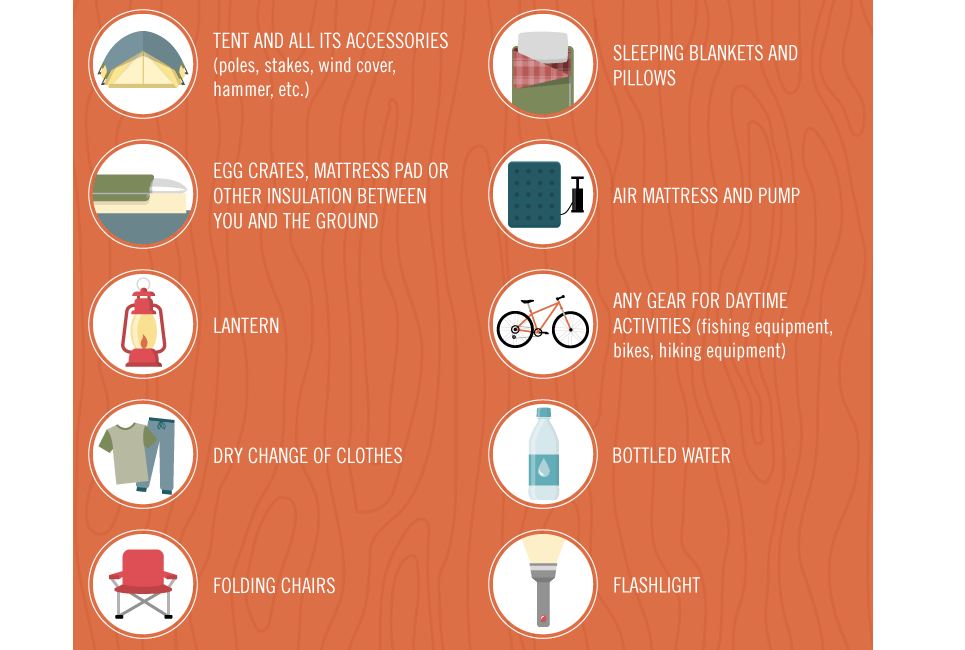Real Stories Living In A Wall Tent Year Round
The Advantages and disadvantages of Cotton Vs Polyester CanvasPolyester material discovers a varied series of applications across the garment industry. Whether you're an artist trying to find a secure paint surface area or a manufacturer seeking strong ornamental materials, polyester canvas uses the ideal equilibrium of toughness, adaptability and eco-friendly qualities.
However, some individuals prefer cotton for its breathability and gentleness. Garment decorators may intend to think about a 50/50 Cotton/Polyester mix for projects that call for both resilience and convenience.
Cost
Cotton canvas is more costly than polyester due to its resource-intensive cultivation process. It additionally requires cautious handling and storage space to protect its top quality over time. These added expenditures can drive up the general price of production for musicians and suppliers.
Another disadvantage to cotton canvas is its sensitivity to fading and damage from UV direct exposure. This can bring about reduced shade vibrancy with time and a loss of structural stability, specifically in locations that experience frequent get in touch with or hefty load-bearing.
In contrast, polyester is an artificial fiber that's crafted for consistency and sturdiness. This makes it an extra affordable option for suppliers and buyers, particularly in areas where durability is a leading concern. The product's stamina additionally uses better resistance to creases and splitting over time. The artificial nature of polyester, nevertheless, can leave a bigger environmental footprint than cotton canvas if it's not sourced from organic or low-impact systems. This is a vital consideration for organizations striving for sustainability and eco-conscious branding.
Sturdiness
In the market for canvas rolls, customers face a wide variety of choices with contending concerns. Cotton supplies natural structure and breathability, ideal for brand names focused on sustainability and artisan craftsmanship. Polyester, on the other hand, provides a balanced combination of stamina and security and printing performance with shade vibrancy and resilience.
Eventually, the fabric you choose for your items should mirror the guiding concepts of your brand name story and worths. While cotton can provide a premium visual, it's also susceptible to contraction and maintenance expenses, while polyester makes it possible for better manufacturing performance and long-term expense performance.
Both fabrics are durable and do well in wet environments, however hunting tent their different qualities make them appropriate for different applications. Cotton canvas is a lot more breathable, lowering the risk of mold and mold in locations with high humidity. Polyester, on the other hand, is water-resistant and dries out promptly in environments where wetness can be troublesome. This can lower the risk of wetness accumulation in the textile, preventing warping or rot in your product gradually.
Convenience
When evaluating fabric choices for your brand name-- whether you're beginning a workwear line or a comfy loungewear brand-- the type of cotton or polyester canvas you select effects exactly how your items look, really feel, and wear. While all canvas kinds sustain print-on-demand and offer high shape stability, they vary in color discussion and printing toughness, convenience, and sustainability.
Cotton and cotton-polyester blends supply a soft texture, natural organic appearance, and exceptional warmth balance contrasted to artificial choices. Cotton's fibers wick dampness far from the skin and permit warmth to escape, making it perfect for clothes that needs extended wear in warm atmospheres.
On the other hand, polyester's synthetic nature and petroleum-based manufacturing process have an unfavorable power balance, which can make it less environment-friendly than cotton in the long run. Polyester's abrasion resistance and water-repellency are outstanding, nonetheless, that makes it the perfect selection for hefty loads or rough weather like rainstorms or marine setups.
Environmental Influence
Whether selecting cotton or polyester, the ideal product for customized production depends upon product efficiency goals. Toughness, sturdiness, and longevity are very important factors when making products that will certainly withstand recurring abrasion, heavy load-bearing, or high stress factors. Water resistance, joint stability, and UV security are likewise critical to long-lasting success in outside and wet atmospheres.
While both fabrics can do well in these areas, their ecological impact is somewhat various. Cotton's natural, breathable building and construction needs dramatically much more sources for cultivation than polyester's artificial fibers.
When choosing an ecologically lasting material, take into consideration a wide variety of influence assessment techniques to gauge the full ecological footprint of your product. Some concentrate on specific effects (like international warming potential, water usage, and scarcity) while others depend on more all natural assessments like ReCiPe, ILCD, CML, and Eco-indicator 99.
